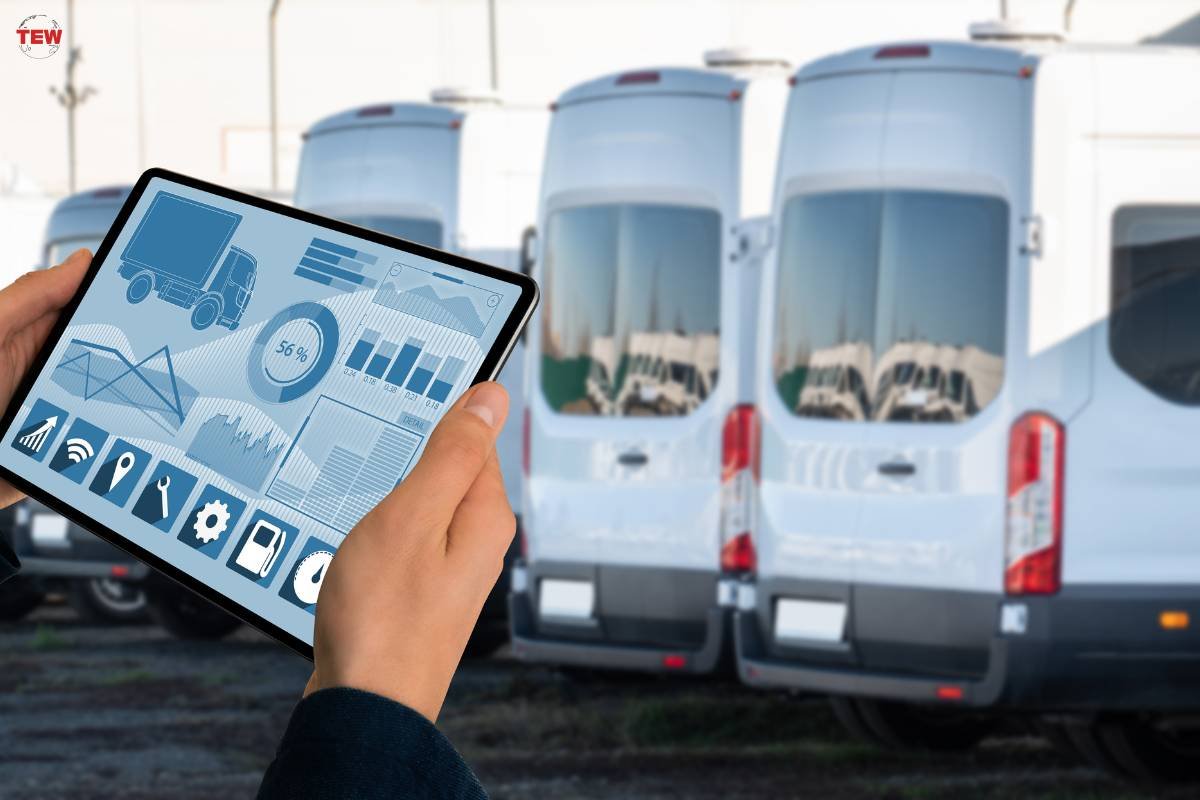In today’s fast-paced world, where efficiency and safety are paramount in transportation, vehicle GPS trackers have emerged as indispensable tools for businesses and individuals alike. These innovative devices utilize global positioning system (GPS) technology to accurately track the location, movement, and other vital data of vehicles in real-time. From fleet management to personal vehicle security, the applications of vehicle GPS trackers are diverse and far-reaching, revolutionizing the way we navigate and monitor vehicles on the road.
Understanding Vehicle GPS Trackers:
A vehicle GPS tracker is a compact electronic device that uses satellite signals to determine the precise location of a vehicle. It communicates with a network of GPS satellites orbiting the Earth to triangulate the vehicle’s position, providing accurate coordinates that can be accessed remotely via computer, smartphone, or other connected devices. In addition to location tracking, GPS trackers may also provide information such as speed, direction, route history, and vehicle diagnostics.
Applications of Vehicle GPS Trackers:

Fleet Management: One of the primary uses of vehicle GPS trackers is in fleet management, where businesses utilize these devices to monitor and optimize the operation of their vehicle fleets. GPS trackers enable fleet managers to track the location and movement of vehicles in real-time, allowing for efficient routing, scheduling, and dispatching of vehicles. Additionally, GPS data can be used to monitor driver behavior, improve fuel efficiency, and enhance overall productivity.
Theft Prevention and Recovery: GPS trackers are valuable tools for preventing vehicle theft and facilitating swift recovery in the event of a theft. By installing a discreet GPS tracker in a vehicle, owners can monitor its location at all times and receive instant alerts if it is moved without authorization. In the unfortunate event of theft, GPS tracking data can provide law enforcement agencies with vital information to track down and recover the stolen vehicle quickly.
Personal Vehicle Tracking: Individuals can also benefit from using GPS trackers to monitor the location and movement of their vehicles. Parents may use GPS trackers to keep tabs on the whereabouts of teenage drivers or elderly family members, ensuring their safety and peace of mind. Additionally, GPS trackers can be used to track recreational vehicles, trailers, or boats, providing added security and convenience for owners.
Asset Tracking: Beyond this, vehicle GPS trackers can also be used to monitor the location and movement of valuable assets such as construction equipment, trailers, shipping containers, and high-value merchandise. By attaching GPS trackers to these assets, businesses can track their whereabouts in real time, minimize loss or theft, and optimize logistics and inventory management processes.
Benefits of Vehicle GPS Trackers:
Improved Safety: GPS trackers provide valuable insights into vehicle location and behavior, helping to improve safety on the road. Fleet managers can monitor driver behavior, identify risky driving habits, and implement corrective measures to reduce accidents and ensure compliance with safety regulations.
Enhanced Efficiency: By optimizing the routing, scheduling, and dispatching of vehicles, GPS trackers help businesses streamline their operations and maximize efficiency. Real-time tracking data allows for proactive decision-making, reducing idle time, minimizing fuel consumption, and improving overall productivity.
Cost Savings: GPS trackers can help businesses reduce operating costs by improving fuel efficiency, minimizing vehicle wear and tear, and reducing insurance premiums through theft prevention and risk mitigation. Additionally, efficient fleet management practices enabled by GPS trackers can lead to lower maintenance costs and improved asset utilization.
Peace of Mind: For both businesses and individuals, vehicle GPS trackers offer peace of mind knowing that vehicles and valuable assets are being monitored and protected. Whether it’s ensuring the safety of loved ones on the road or safeguarding valuable equipment and merchandise, GPS trackers provide an added layer of security and control.

Compliance and Accountability: Vehicle GPS trackers play a crucial role in ensuring compliance with regulatory requirements and industry standards in transportation. For example, in industries such as logistics and transportation, where adherence to delivery schedules and driving regulations is essential, GPS tracking data can provide evidence of compliance with mandated rest periods, speed limits, and route restrictions. By maintaining accurate records of vehicle movements and driver activities, businesses can demonstrate accountability and mitigate legal risks associated with regulatory non-compliance.
Real-Time Monitoring and Decision-Making: One of the key advantages of vehicle GPS trackers is their ability to provide real-time monitoring and data insights, enabling prompt decision-making and intervention when necessary. Fleet managers can access up-to-date information on vehicle location, status, and performance, allowing them to respond quickly to changing circumstances such as traffic congestion, adverse weather conditions, or unexpected delays. This real-time visibility enables proactive management of fleet operations, minimizing disruptions and maximizing efficiency.
Route Optimization and Customer Service: Vehicle GPS trackers empower businesses to optimize routing and enhance customer service by providing accurate and timely information on vehicle locations and delivery statuses. By leveraging GPS tracking data, businesses can identify the most efficient routes, minimize delivery times, and provide customers with accurate arrival estimates. Additionally, real-time tracking allows businesses to provide proactive updates to customers regarding the status of their deliveries, improving transparency and customer satisfaction.
Environmental Sustainability: In addition to their operational benefits, GPS trackers contribute to environmental sustainability by promoting fuel efficiency and reducing carbon emissions. By optimizing routing and reducing idle time, businesses can minimize fuel consumption and greenhouse gas emissions associated with vehicle operations. Furthermore, GPS tracking data can be used to analyze driving patterns and identify opportunities for eco-driving practices, such as minimizing harsh accelerations and decelerations, further reducing environmental impact.

Conclusion:
Vehicle GPS trackers have become indispensable tools for businesses and individuals seeking to optimize efficiency, improve safety, and protect valuable assets in transportation. From fleet management to theft prevention and personal vehicle tracking, the applications of GPS trackers are diverse and far-reaching, offering numerous benefits in terms of safety, efficiency, cost savings, and peace of mind. As technology continues to evolve, the role of GPS trackers in modern transportation is likely to expand, further revolutionizing the way we navigate and monitor vehicles on the road.



